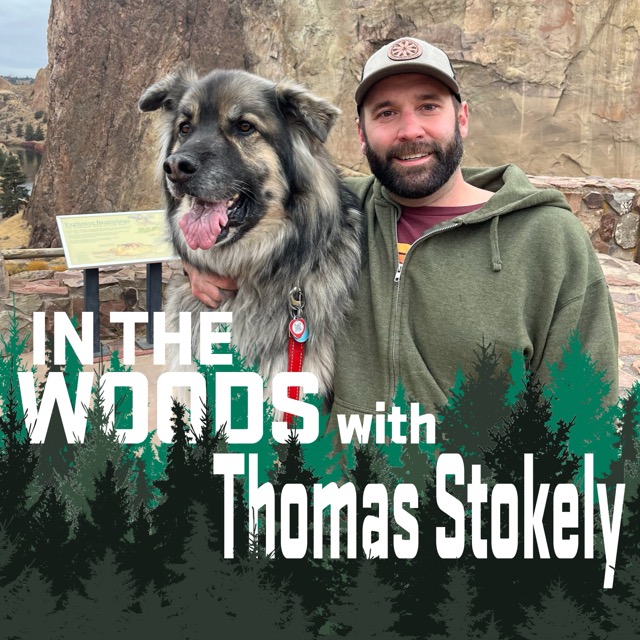In this episode of the ‘In the Woods’ podcast by Oregon State University’s Forestry and Natural Resources Extension Program, host Jacob Putney interviews Thomas Stokely, a forest ecologist with The Nature Conservancy in Central Oregon. They discuss the significance of wildlife habitat connectivity, the impacts of habitat fragmentation and loss, the role of roads and recreation, and the importance of integrating fire management to promote ecosystem health. Thomas explains concepts like landscape ecology, connectivity, and fragmentation, emphasizing the need for effective management strategies to balance human activities with conservation efforts. They explore specific projects like the Oregon Connectivity Assessment Mapping Project and strategies for mitigating human impact on wildlife through community involvement and science-based forest management practices.

“ Allowing not only at the population level for these species to adapt, but an ecosystem level for all the nutrients and energy and matter to flow across the landscape to help provide that ecosystem function and services to humans. – Thomas Stokely, Forest Ecologist
Listen Here
Watch with Subtitles
Resources Mentioned
- Oregon Connectivity Assessment & Mapping Project (OCAMP)
- Oregon Connectivity Assessment & Mapping Project (OCAMP) – Maps
- Toward Conciliation in the Habitat Fragmentation and Biodiversity Debate. 2023. Valente, J.J, Gannon, D.G., Hightower, J., Kim, H., Leimberger, K.G., Macedo, R., Rousseau, J.S., Weldy, M.J., Zitomer, R.A, Fahrig, L., Fletcher Jr., R.J., Wu, J., Betts, M.G. Landscape Ecology 38, 2717-2730.
- Conserving Nature’s Stage: Mapping Omnidirectional Connectivity for Resilient Terrestrial Landscapes in the Pacific Northwest. The Nature Conservancy.
- Resilient Land Mapping Tool. The Nature Conservancy.
Favorite Tree(s)
Interesting/Helpful Tools
- Thomas’s dog, Talon.
Discover more from A podcast series hosted by OSU Forestry & Natural Resources Extension
Subscribe to get the latest posts sent to your email.


